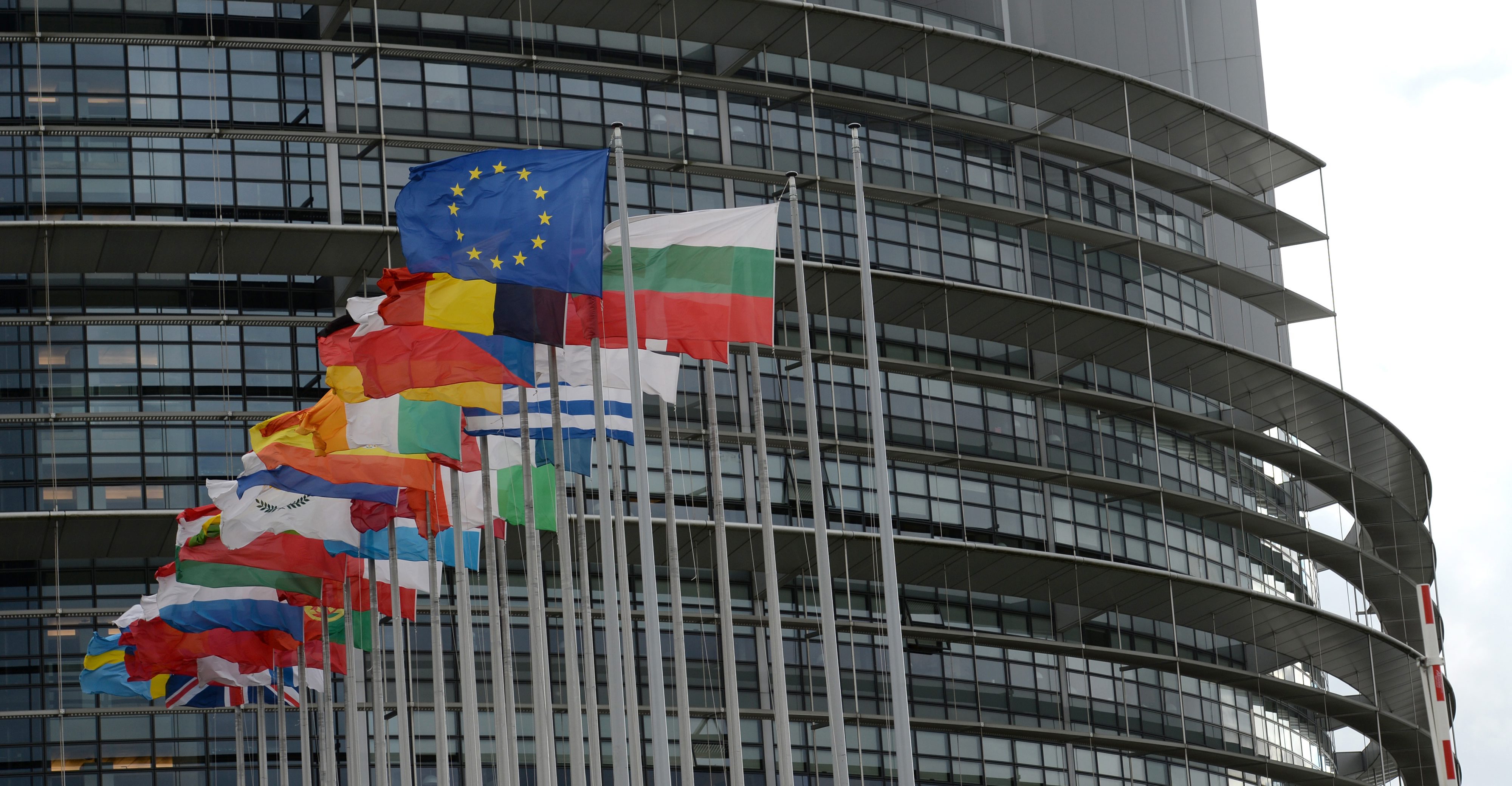The Dutch Minister of Finances and Eurogroup chief Jeroen Dijsselbloem heralded the enhanced conditions credit line (ECCL) as the successor to the Greek bailout program at Thursday’s Eurogroup session in Brussels.
Mr. Dijsselbloem stressed that while the terms of the credit line have not been decided, the participation of the IMF is considered necessary, as it will further increase market trust. The Dutch officer also revealed that the coalition government has sent the troika a package of additional measures, which he noted was an important move, but lamented that a lot remains to be done in order for the troika to complete its review.
The Eurogroup chief welcomed the positive results of the latest stress tests for the Greek banks and predicted that, should the government perform what is necessary, the Greek economy would show a positive growth rate after six years of recession. The completion of the current troika review is a prerequisite for any further discussions, such as the next phase after the current program ends.
In the press conference that followed the Eurogroup session, the Eurogroup chief noted that the Greek Minister of Finances Gikas Hardouvelis presented the government’s position on the post-review phase, which involves the precautionary credit line (ECCL) from the ESM. When asked what would happen should the review not be complete by the end of the year, Mr. Dijsselbloem responded that there will be “nothing” and underlined that such a development would have a significant impact on market trust towards Greece.
Prior to the Eurogroup session, Mr. Dijsselbloem told journalist that should Greece sufficiently complete the current review and request assistance, the Eurozone has the will to provide help, stressing that the critical decisions will be made in December. The EU’s Economic and Financial Affairs Commissioner Pierre Moscovici announced that solutions for Greece and Cyprus must be found, while French Finance Minister Michel Sapin recognized that Greece will need support, but “not from the same mechanism”.
Austrian Finance Minister Hans Jörg Schelling underlined the importance of a “clear solution” for Greece, but was uncertain as to when and how Greece would exit its program. Mr. Schelling added that he was looking forward to his Greek counterpart’s proposals at the Eurogroup. The Finnish Finance Minister Antti Rinne told journalist that it was important that Greece returned to the markets and opined that it was possible with existing resources.





